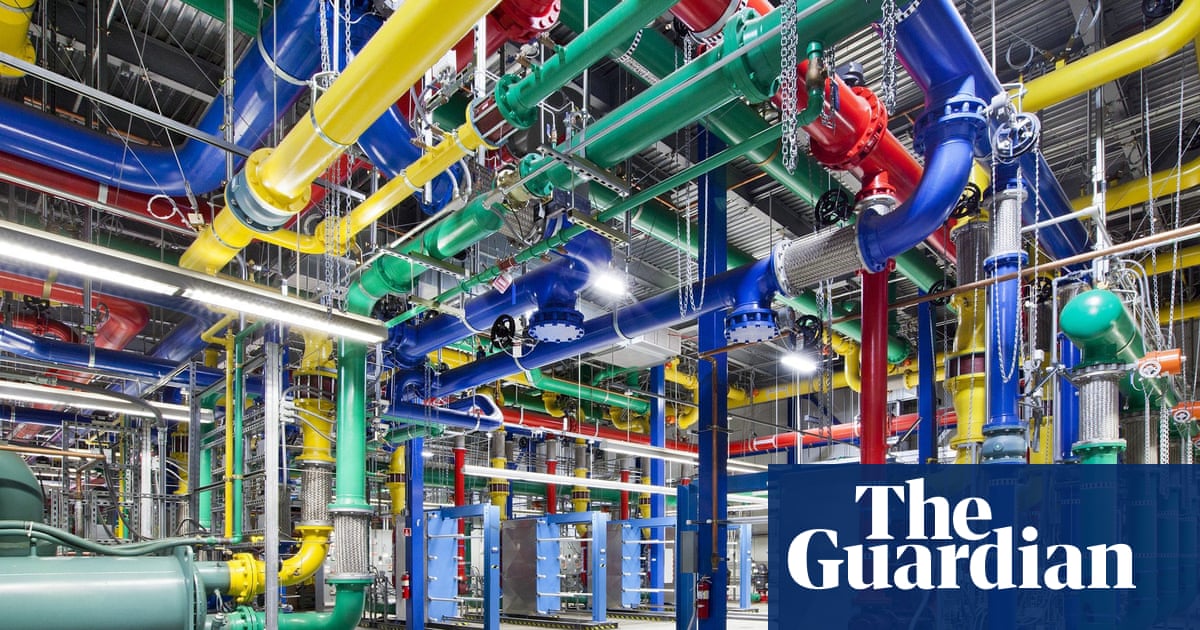Google’s goal of reducing its climate footprint is in jeopardy as it relies on more and more energy-hungry data centres to power its new artificial intelligence products. The tech giant revealed Tuesday that its greenhouse gas emissions have climbed 48% over the past five years.
Google said electricity consumption by data centres and supply chain emissions were the primary cause of the increase. It also revealed in its annual environmental report that its emissions had risen by 13% year-on-year.
The tech company, which has invested substantially in AI, said its “extremely ambitious” goal of reaching net zero emissions by 2030 “won’t be easy”. It said “significant uncertainty” around reaching the target included “the uncertainty around the future environmental impact of AI, which is complex and difficult to predict”.
Google’s emissions have risen by nearly 50% since 2019, the base year for Google’s goal of reaching net zero, which requires the company removing as much CO2 as it emits.
The International Energy Agency estimates that data centres’ total electricity consumption could double from 2022 levels to 1,000 TWh (terawatt hours) in 2026, approximately Japan’s level of electricity demand. AI will result in data centres using 4.5% of global energy generation by 2030, according to calculations by research firm SemiAnalysis.
Data centres play a crucial role in training and operating the models that underpin AI models like Google’s Gemini and OpenAI’s GPT-4, which powers the ChatGPT chatbot. Microsoft admitted this year that energy use related to its data centres was endangering its “moonshot” target of being carbon negative by 2030. Brad Smith, Microsoft’s president, admitted in May that “the moon has moved” due to the company’s AI strategy.
Microsoft’s co-founder, Bill Gates, said last week that AI would help combat the climate crisis because big tech is “seriously willing” to pay extra to use clean electricity sources in order “to say that they’re using green energy”.
Big tech companies have become major purchasers of renewable energy in a bid to meet their climate goals.
However, pledges to reduce CO2 emissions are now coming up against pledges to invest heavily in AI products that require considerable amounts of energy for training and deployment in data centres, along with carbon emissions associated with manufacturing and transporting the computer servers and chips used in that process. Water usage is another environmental factor in the AI boom, with one study estimating that AI could account for up to 6.6bn cubic metres of water use by 2027 – nearly two-thirds of England’s annual consumption.







